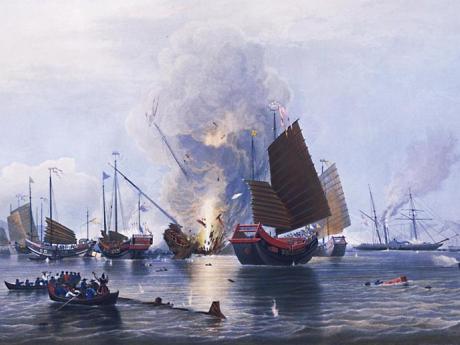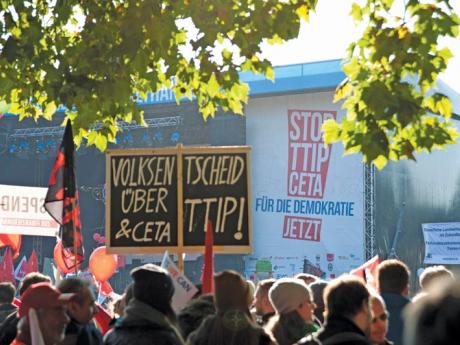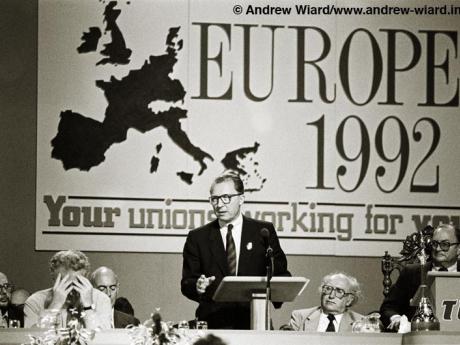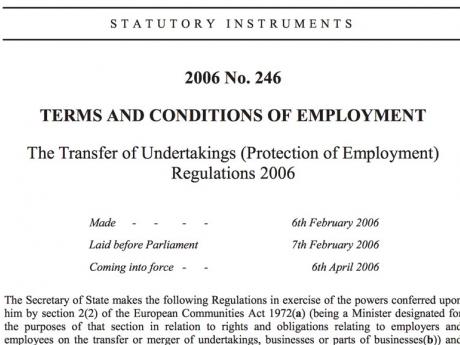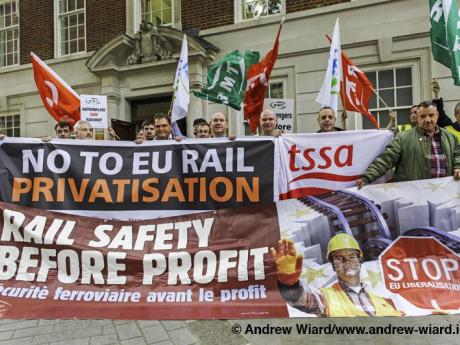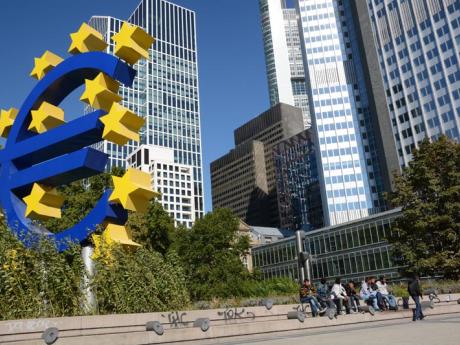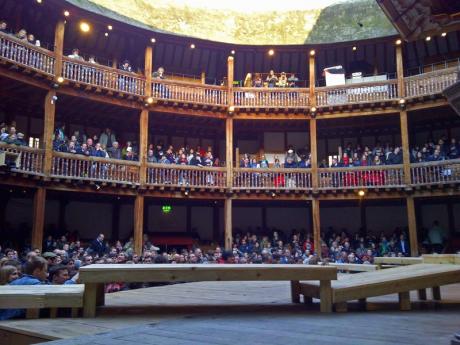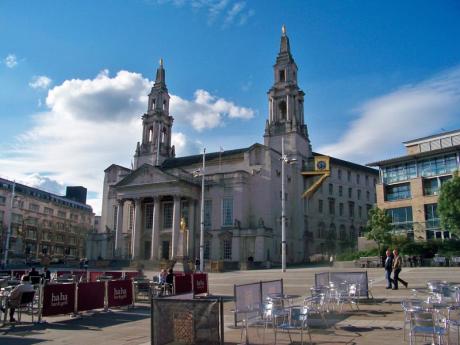Britain's imperial wars for opium
Extracted from poppies, opium is a highly addictive drug, though it can serve as a medicine. By the end of the 17th century, non-medicinal drug use of opium had appeared in China, particularly around the port of Canton (now know as Guangzhou), where most foreign merchants traded.

